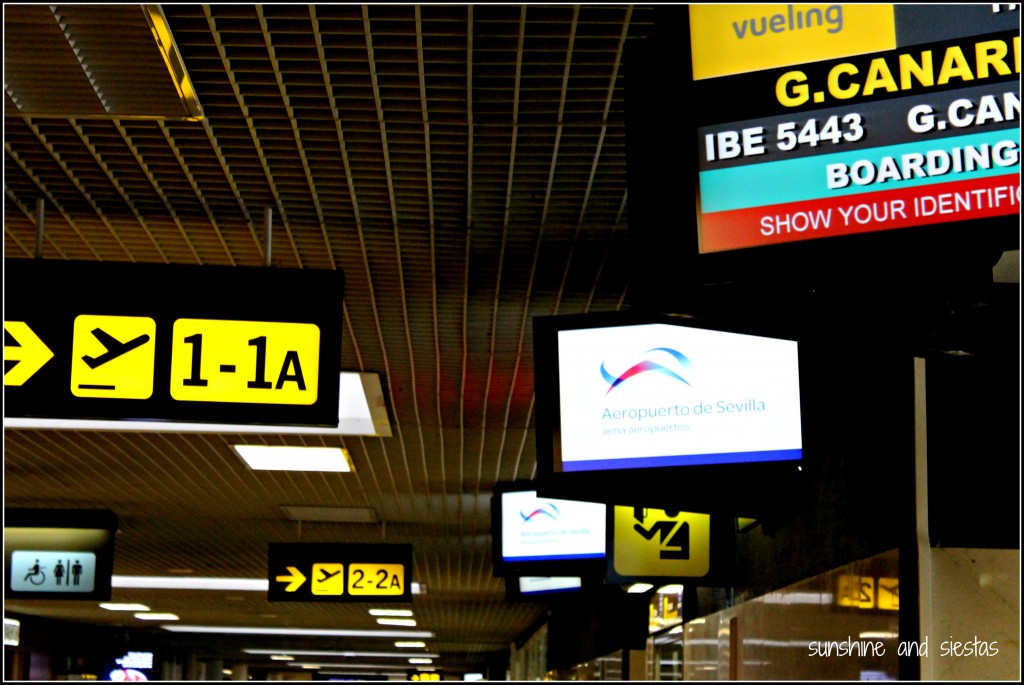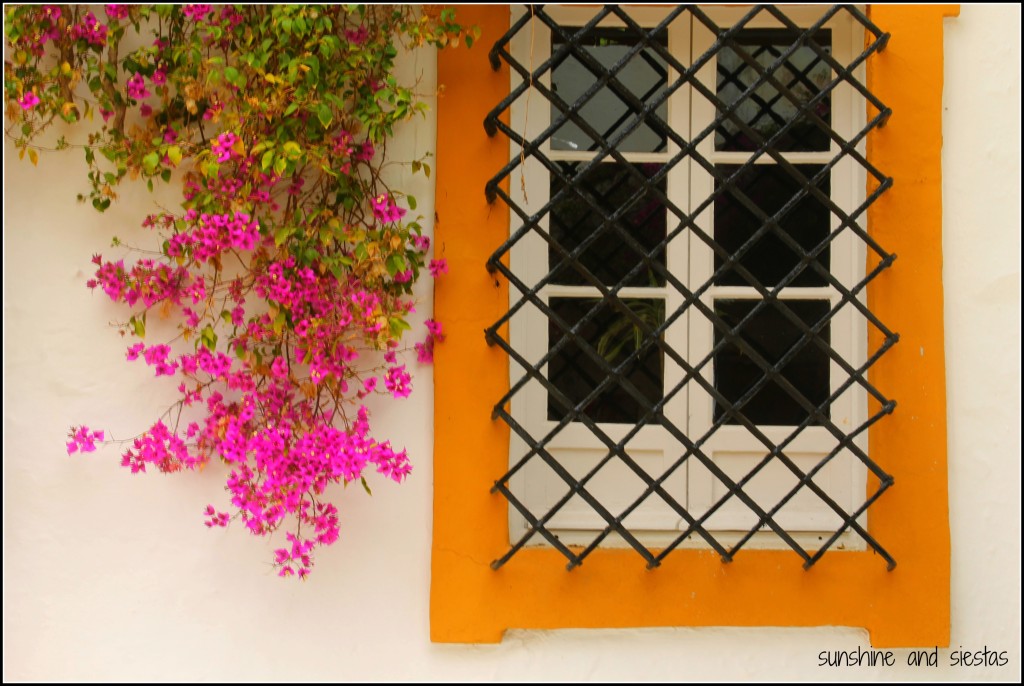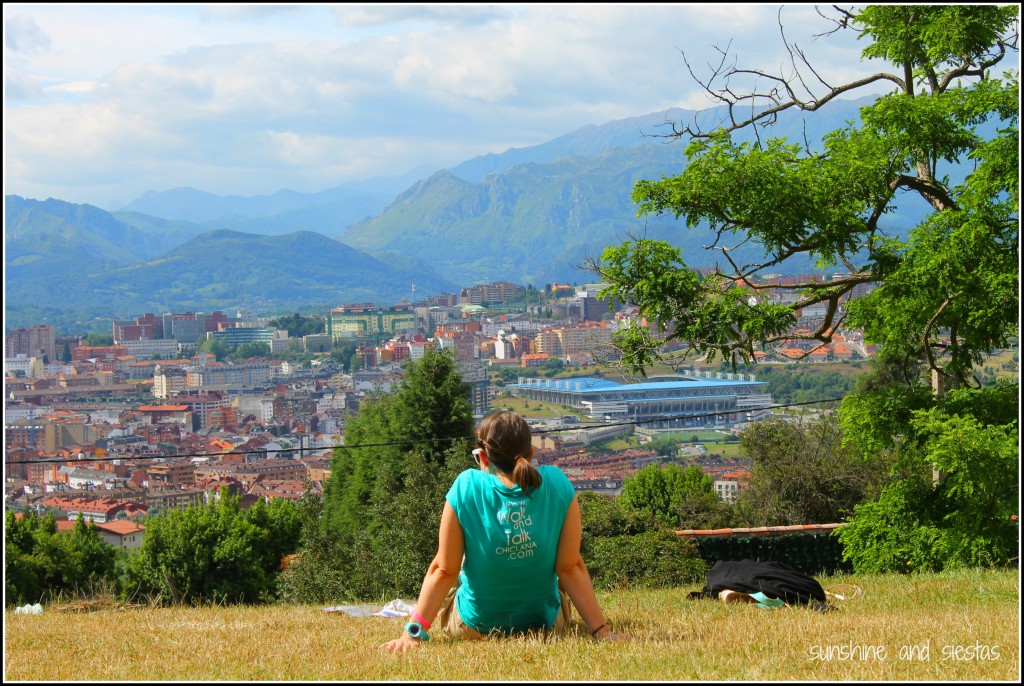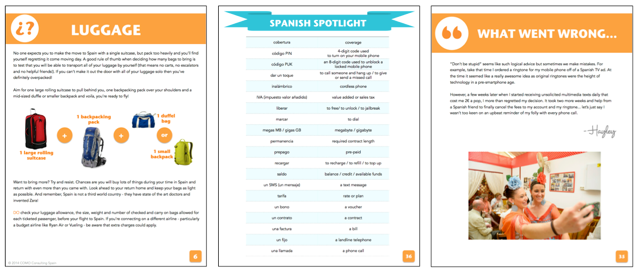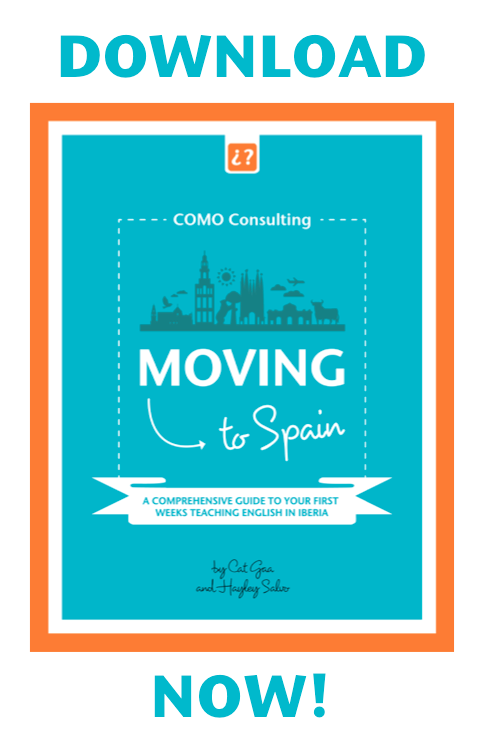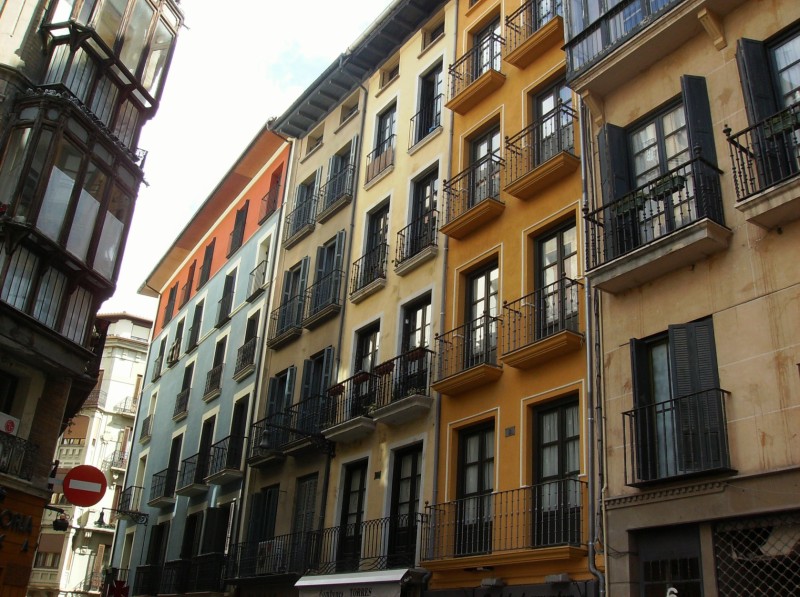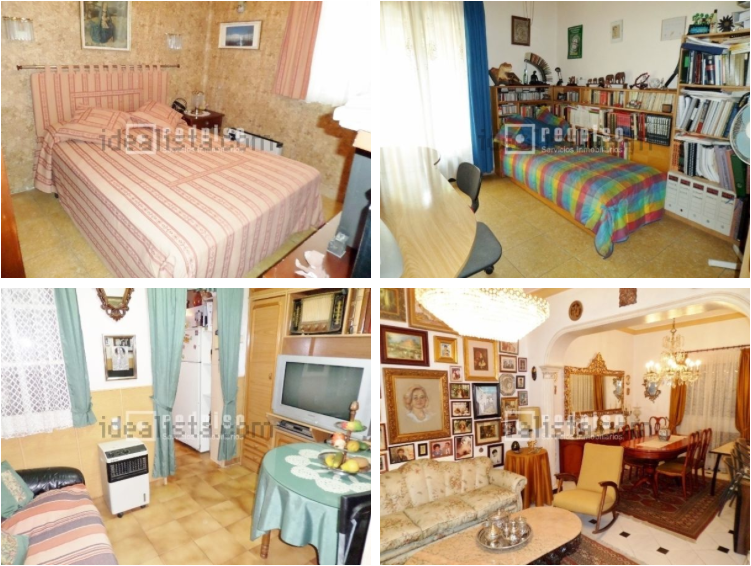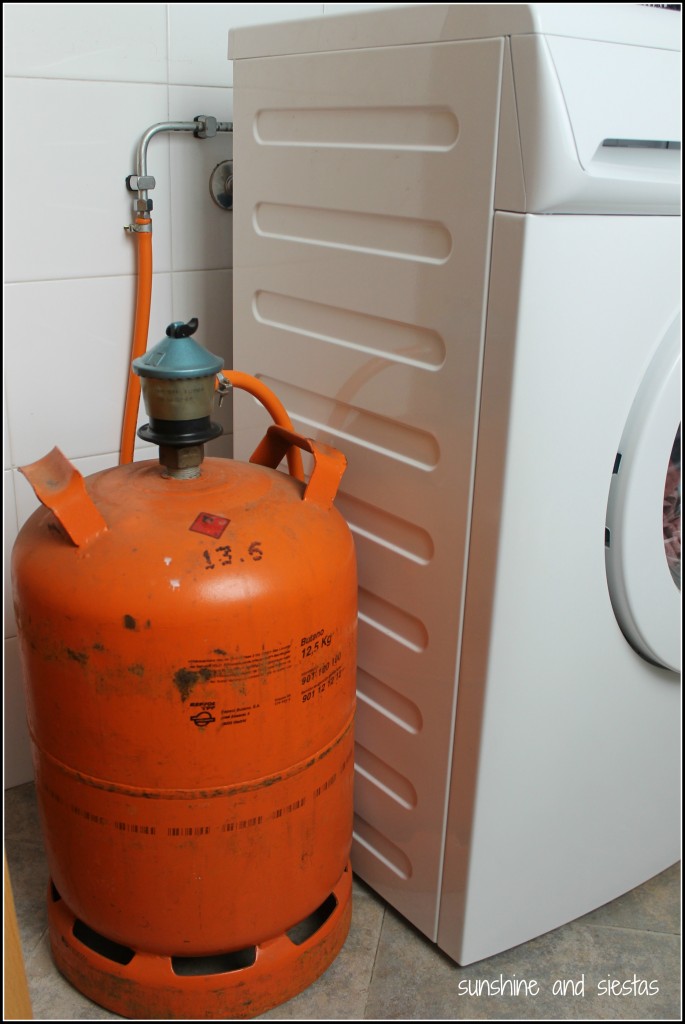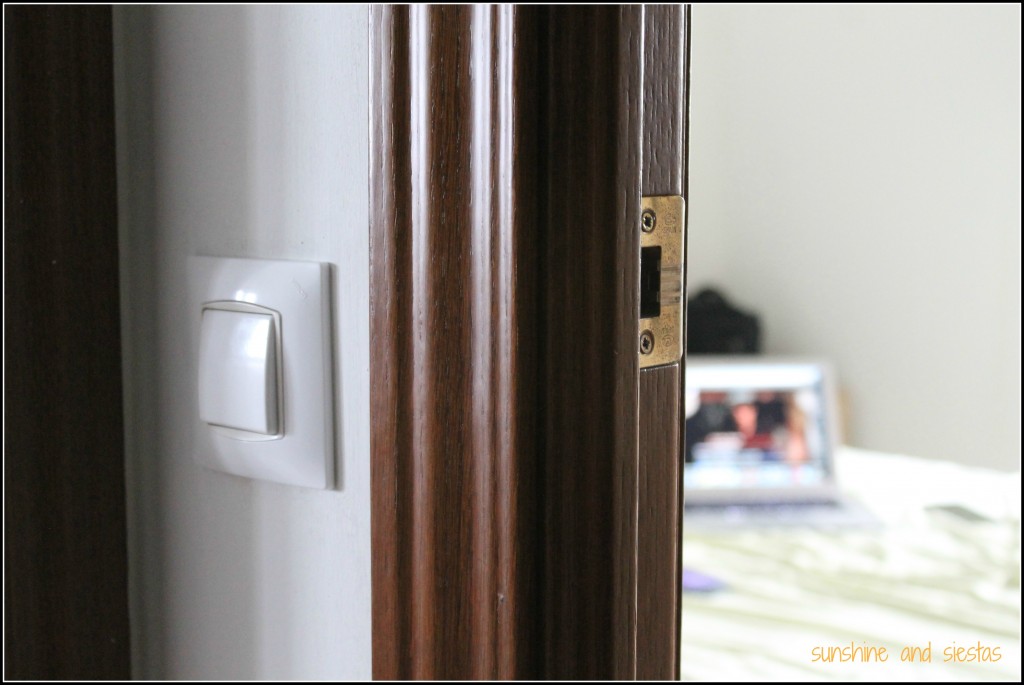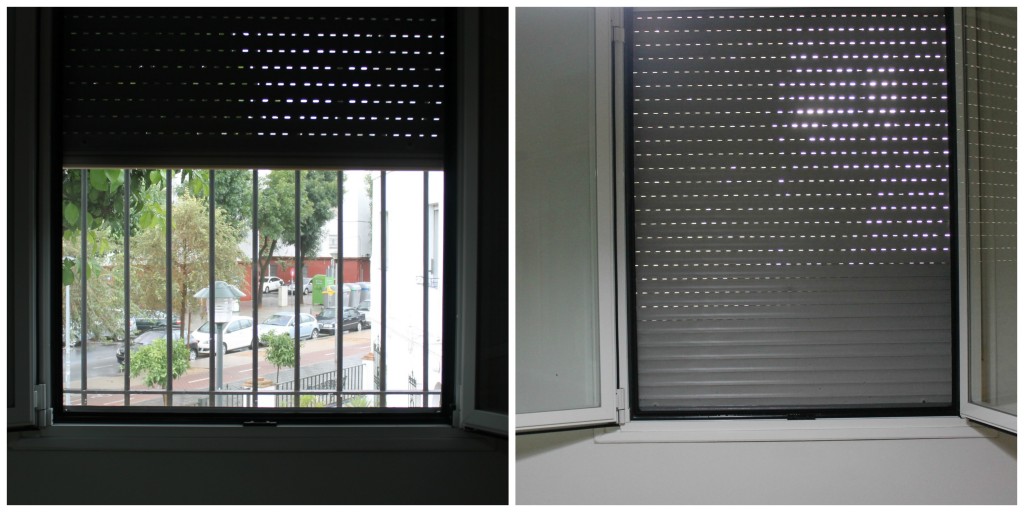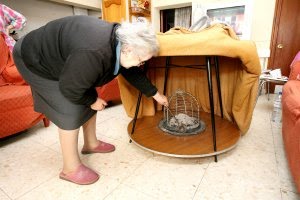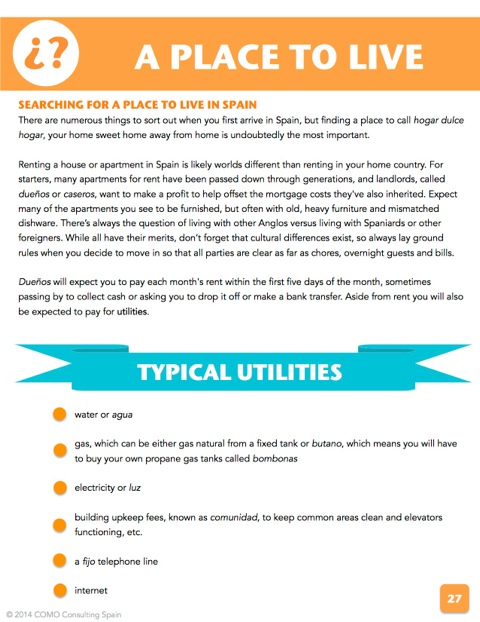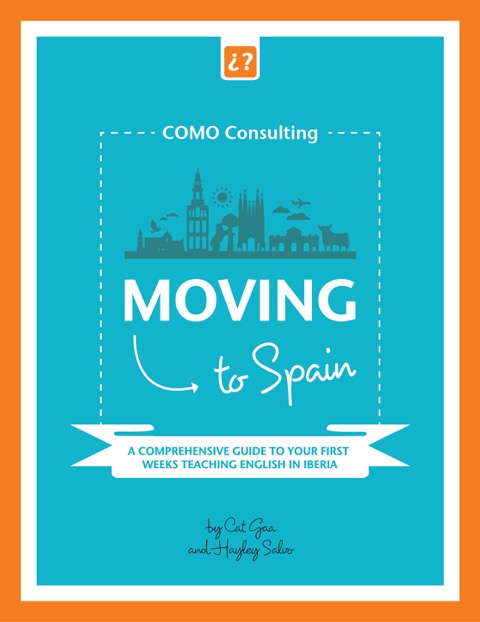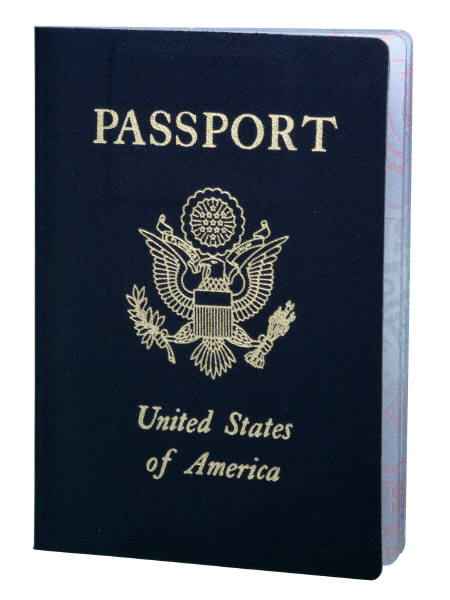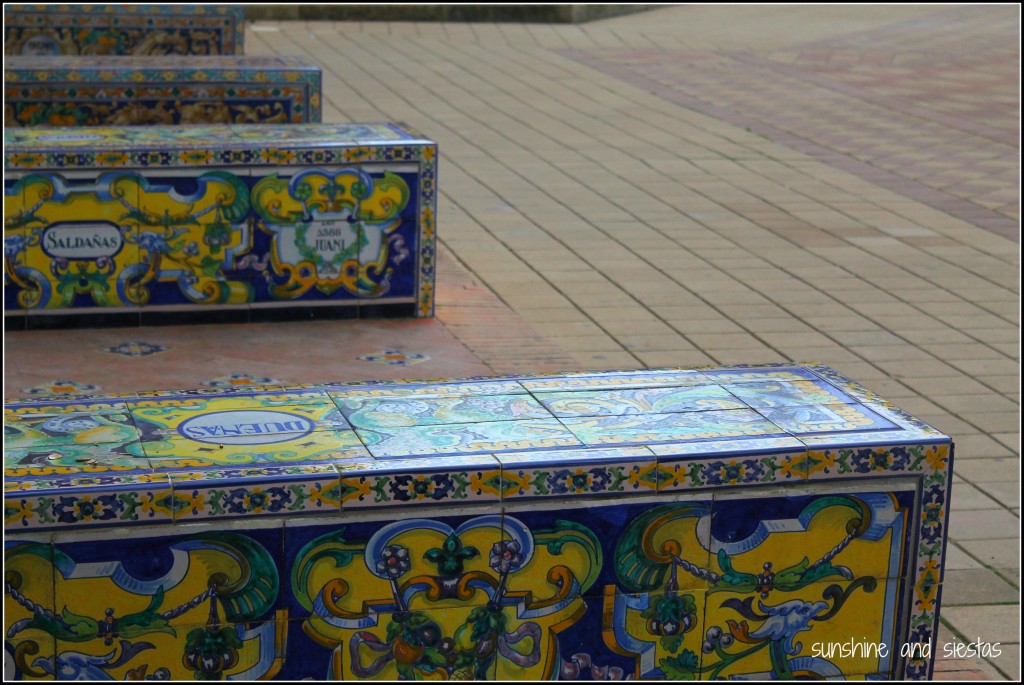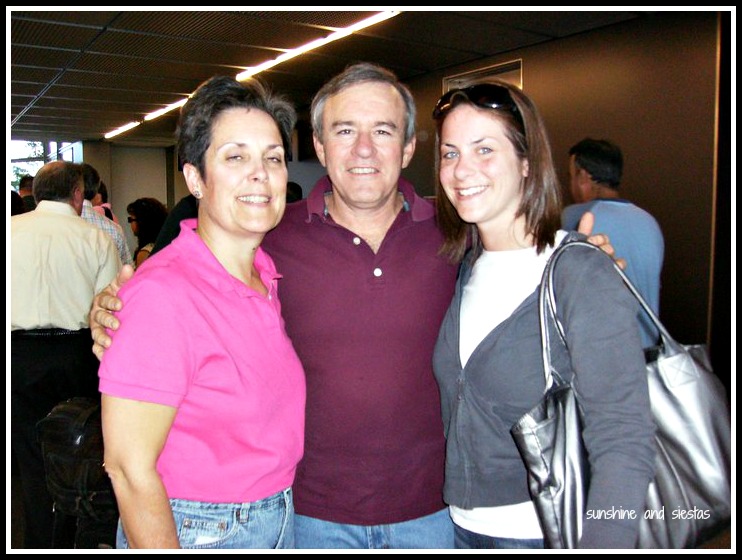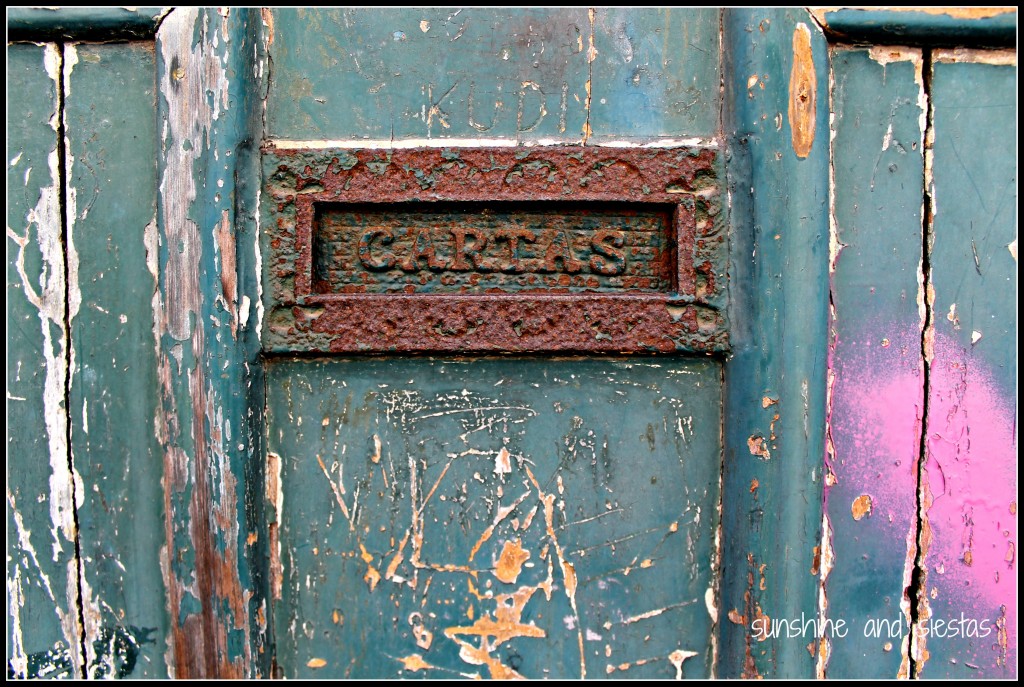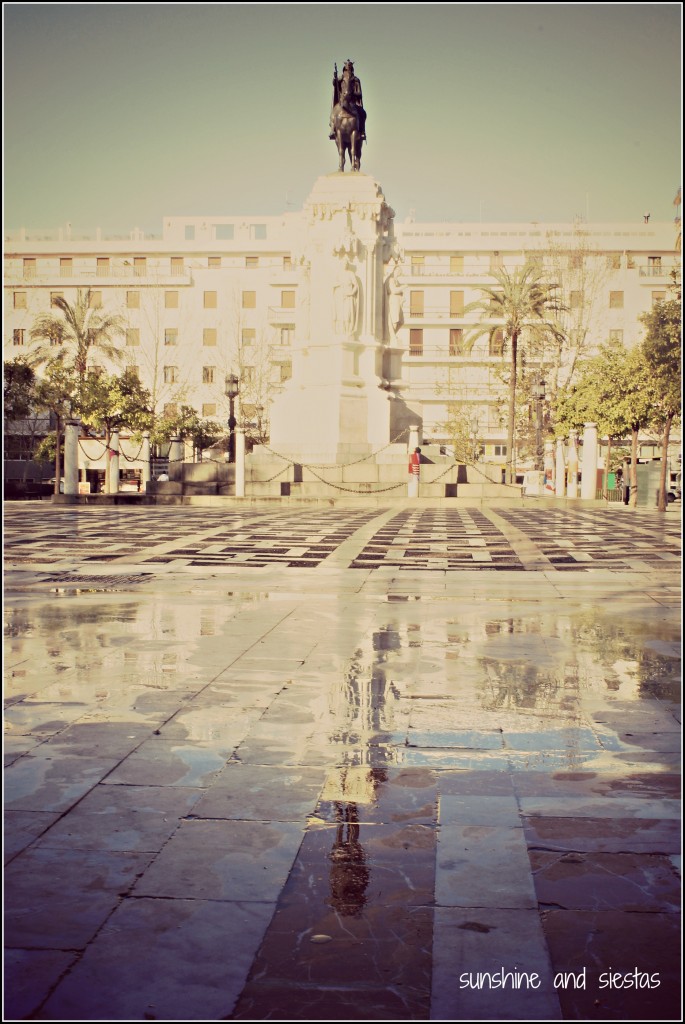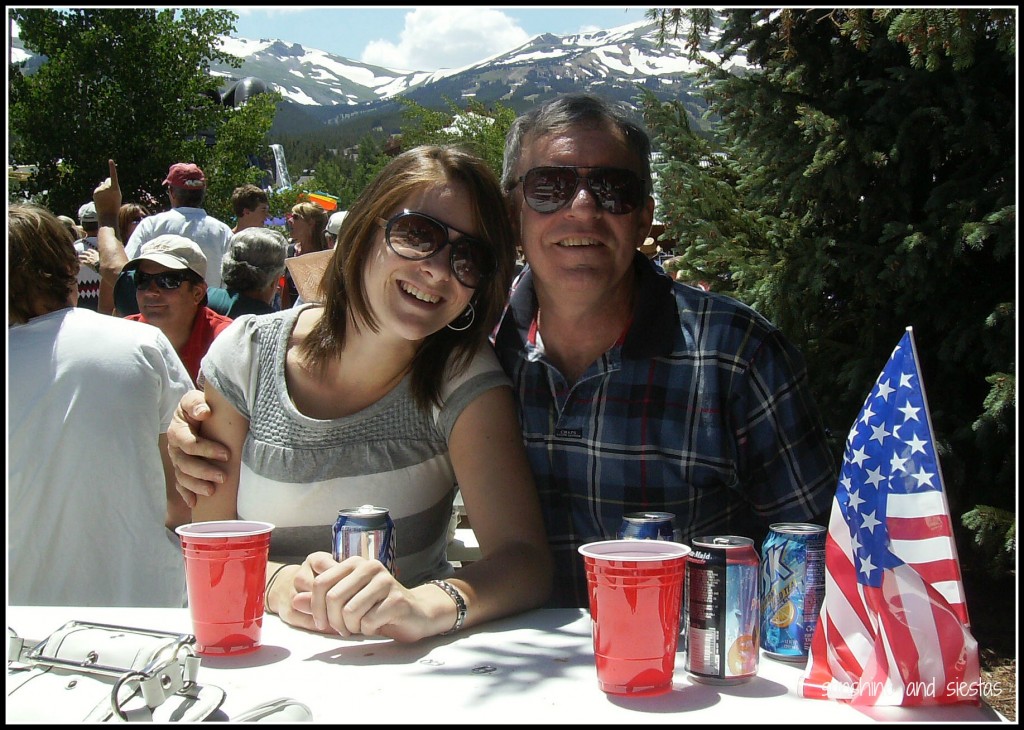My Spanish now-husband couldn’t help but laugh when I looked, puzzled, at our new coffee maker. I was jetlagged, yes, but also coming off six weeks of straight drip machine American coffee. The cafetera had me reconsidering a caffeine boost and swapping it for a siesta.
‘Venga ya,’ he said, exasperated, ‘every time you come back into town, you act like you’re a complete newbie to Spain!’ He twisted off the bottom of the pot, filled it with steaming water and ordered me to unpack.
Even after eight years of calling Spain home, I can so clearly remember the days when everything in Seville was new, terrifying and overwhelming. That time when the prospect of having a conversation with my landlord over the phone meant nervously jotting down exactly what I’d say to him before dialing.
You know my Spain story – graduate, freak out about getting a teaching job in Spain, find an internationally recognized TESOL certificate that would make me competitive in the ESL world and successfully complete it, hassles with my visa, taking a leap by moving to a foreign country where I knew not a soul. How I settled into a profession I swore I never would, found a partner and fought bureaucracy. I’ve come a long way since locking myself in my bedroom watching Arrested Development to avoid Spanish conversation, though each year I get more and more emails from aspiring expats and TEFL teachers who ask themselves the same questions:
Is it all worth it? Is it possible at all? How can I do it?
Like anyone moving to a foreign country, there’s a load of apprehension, endless questions, and a creeping sense of self-doubt as your flight date looms nearer and nearer. I tried and learned the hard way how to do practically everything, from looking for a place to live to paying bills to finding a way to make extra income. Call it dumb luck or call it nagging anyone who would lend a friendly ear, but I somehow managed to survive on meager Spanish and a few nice civil servants (and tapas. Lots of tapas.).
As a settled expat, I am quick to warn people that Spain is not all sunshine and siestas, and that it’s easy to fall into the same traps that got me during that long first year. Year after year, I see language assistants do the same, so let these serve as a warning:
Packing too much
Back in 2007, I packed my suitcase to the brim and even toppled over when I stepped off the train in Granada. Lesson learned – really think about what you’re packing, the practicality of every item and whether or not you could save space by purchasing abroad. There are nearly more packing Don’ts than Do’s! If you’re smart about packing, you’ll have loads of room for trendy European fashions to wow your friends back home (and you won’t have to lug your bag up three flights of stairs).
Deciding on an apartment without seeing it
I was so nervous about the prospect of renting an apartment that I found one online, wired money and hoped for the best. Despite my gut telling me it was maybe not the smartest idea, I decided to grin and bear it. I ended staying in that same flat for three years.
In hindsight, choosing a flat before seeing it was a stupid move that could have turned out poorly. What if I didn’t like my roommates, or the neighborhood? How could I tell if it was noisy or not? Would my landlords be giant jerks? Save yourself the trouble and worry about finding a place to live when you get here.
Choosing not to stay in touch with loved ones
My first weeks in Spain were dark ones – I struggled to see what my friends and family were up to on Facebook or messenger, and I did a terrible job of staying in touch with them. I was bursting to share my experience, but worried no one would relate, or worse – they simply wouldn’t care. Get over it and Facetime like crazy, download whatsapp and count down the time difference. That’s what siesta hour was invented for, right?
Not bringing enough money
Money is a sticky issue, and having to deal with what my father calls “funny money” makes it more difficult. Remember – even coins can buy you quite a bit! Consider bringing more money than you might think, because things happen. Some regions won’t pay assistants until December, or you may not be able to find tutoring side jobs. Perhaps you will fall in love with an apartment that is more expensive than you bargained for. Having a cushion will ensure you begin enjoying yourself and your new situation right away, without having to turn down day trips or a night out with new friends. If you need tips, check out my Budgeting Ideas for Spain.
Not taking time to learn Spanish
Moving is scary. Moving abroad is scarier. Moving abroad without being able to hold your own in the local language is the scariest. Take some time to learn Spanish and practice conversation at whatever cost. Spanish will help you accomplish things as mundane as asking for produce at the market to important situations like making formal complaints. Ah, and that brings me to my next point…
Not interacting with locals
I studied abroad in Valladolid and met not one Spanish person during my six weeks there. While I have great memories with my classmates and adored my host family, I feel that I missed out on what young people did in Spain (and I had trouble keeping up when they did talk to me). In most parts of the country, Spaniards are extremely friendly and open to meeting strangers. Even if it’s the old man having coffee next to you – lose your self-doubt and strike up a conversation. I scored cheaper car insurance just by talking to a lonely man at my neighborhood watering hole.
Adhering to timetables and traditions from your home country
As if adapting to language and a new job weren’t enough, Spain’s weird timetables can throw anyone into a funk. I tried getting a sensible night’s sleep for about two weeks when I started to realize that being in bed before midnight was nearly impossible. If you can’t beat them, siesta with them, I guess.
And that’s not to say you can’t bring your traditions to Spain, either. Making Thanksgiving for your Spanish friends is always memorable, as is dressing up on Halloween and carving watermelons for lack of pumpkins. Embrace both cultures.
Not exercising (and eating too many tapas)
My first weeks in Spain were some of my loneliest, to be honest. I hadn’t connected with others and therefore had yet to made friends. I skipped the gym and ate frozen pizzas daily. My weight quickly bloomed ten pounds. The second I began accepting social invitations and making it a point to walk, I dropped everything and more. Amazing what endorphins and Vitamin D can do!
Not getting a carnet joven earlier
Even someone who works to save money flubs – the carnet joven is a discount card for European residents with discounts on travel, entrance fees and even services around Europe. I waited until I was 26 to get one, therefore disqualifying myself from the hefty discounts on trains. This continent loves young people, so get out there and save!
Working too much
Remember that you’re moving to Spain for something, whether it’s to learn the language, to travel or to invest more time in a hobby. Maybe Spain is a temporary thing, or maybe you’ll find it’s a step towards a long-term goal. No matter what your move means to you, don’t spend all of your waking hours working or commuting – you’ll miss out on all of the wonderful things to do, see and experience in Spain. When I list my favorite things about Spain, the way of life is high on my list!
So how do you avoid these mistakes?
It’s easy: research. I spent hours pouring over blogs, reference books and even travel guides to maximize my year and euros in Spain. While there were bumps in the road, and I had to put my foot in my mouth more times than I’d like to recall, I survived a year in Spain and came back for nine more (and counting!).
That’s why COMO Consulting has brought out an enhanced edition of it successful eBook to help those of you who are moving to Spain for the first time. In our ten chapter, 135-page book, you’ll find all of the necessary information to get you settled into Spain as seamlessly as possible. In it, we cover all of the documents you’ll need to get a NIE, how to open a bank account, how to seek out the perfect apartment, setting up your internet and selecting a mobile phone and much (much!) more.
Each chapter details all of the pertinent vocabulary you’ll need and we share our own stories of where we went wrong (so hopefully you won’t!). Being an expat means double the challenge but twice the reward, so we’re thrilled to share this book that Hayley and I would have loved to have nine years ago – we might have saved ourselves a lot of embarrassing mishaps! The book is easy to read and downloadable in PDF form, so you can take it on an e-reader, computer or tablet, and there’s the right amount of punch to keep you laughing about the crazy that is Spain.
Downloading Moving to Spain is easy – the button above is linked to COMO’s online shop. Click, purchase thru PayPal, and you’re set! You will receive email notification of a successful purchase and a link to download the eBook. You can also click here.
Have you ever moved abroad before? What’s your biggest piece of advice?

